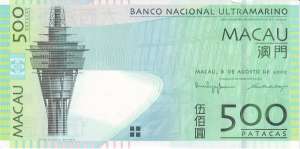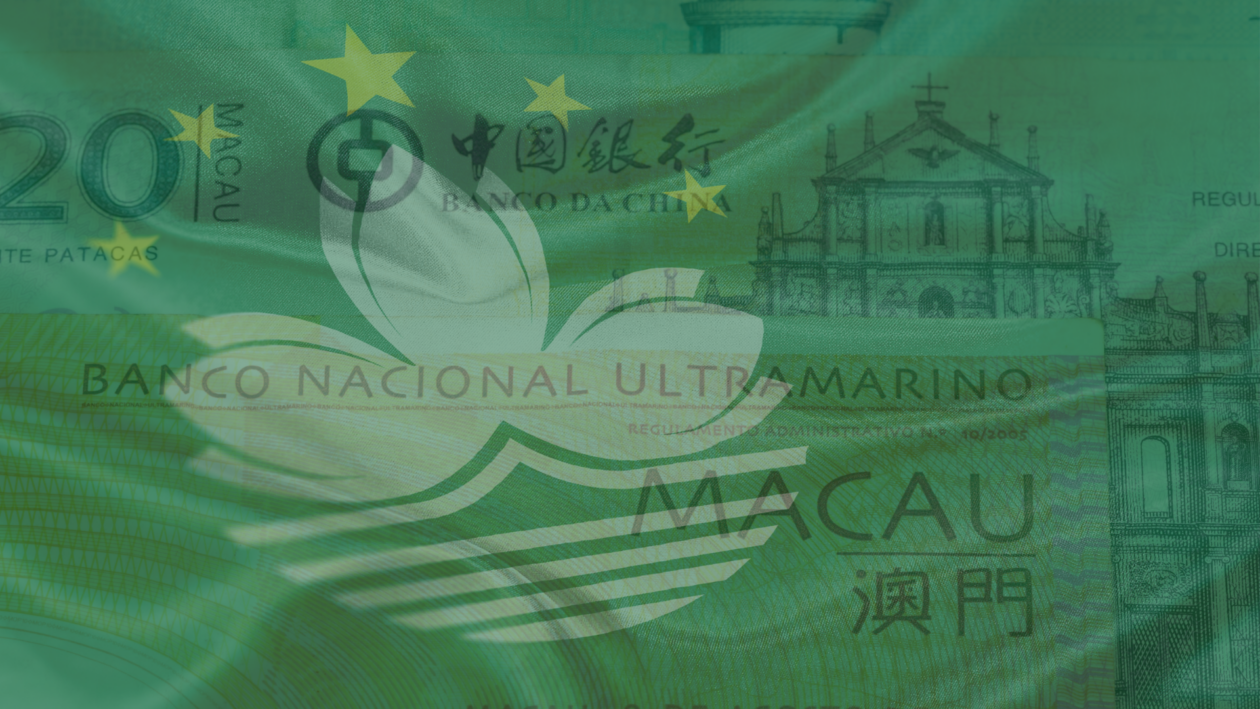Law 10/2023 establishes the Macau Monetary Issuance Regime and will replace Decree – Law 7/95/M (in force since 4 February 1995) commencing on the 1st of September 2023. This analysis shall focus on the changes operated by the new law vis-à-vis the old legal regime.
The new law aims essentially to modernize the regime enacted 28 years ago. It has a better systematic arrangement and shows some improvement in certain parts of the old legislation.
The most notable changes are:
(i) the introduction of digital currency as a form of monetary issuance;
(ii) the creation of a Reserve Fund to support the issuance of currency;
(iii) the reduction from 100 to 50 units for the obligation of accepting coins as payment, and the exception given to internet transactions as well as e-commerce in the obligation to accept physical currency;
(iv) the creation of a period of transition for the removals of bills and coins; and
(v) a more comprehensive punitive regime for infringements of the law.
Regarding those changes, we have the following comments:
1) It should be noted that the existence of digital currency is established but we will have to wait for additional legislation to know precisely how this new feature is regulated.
2) The old law (in its Article 16) only provided for the cover of the monetary issuance by foreign currency, stipulating that the entities responsible for local currency circulation (the so-called “agents”) had to deliver to the Government the amounts in foreign currency equivalent to the amount put into circulation. The new law creates a separate Reserve Fund where such foreign currency is deposited and is part of the Foreign Exchange Reserve administered by AMCM.
3) The reduction from 100 to 50 coins stipulated concerning the obligation to accept local currency as a form of payment will eventually facilitate coin management by local operators. It is significant that the new law establishes exceptions to the obligation to accept physical currency the internet and e-commerce transactions, which was something that could not have been foreseen in the old regime.
4) It is also noteworthy the creation of a “transition period” relating to the removal of bills and coins from circulation as this facilitates the procedures and will help to streamline the same in regard to currency removal from circulation.
5) The penalties have been moderately increased and the types of infringements are differentiated which did not happen in the old regime. Moreover, it is now defined as the responsibility of corporate entities as well as the responsibility of the directors or legal representatives of such corporate entities for the payment of the corresponding penalties.
In brief, it can be said that the new law is a step forward in the government’s objective to create a modern financial system in Macau.




